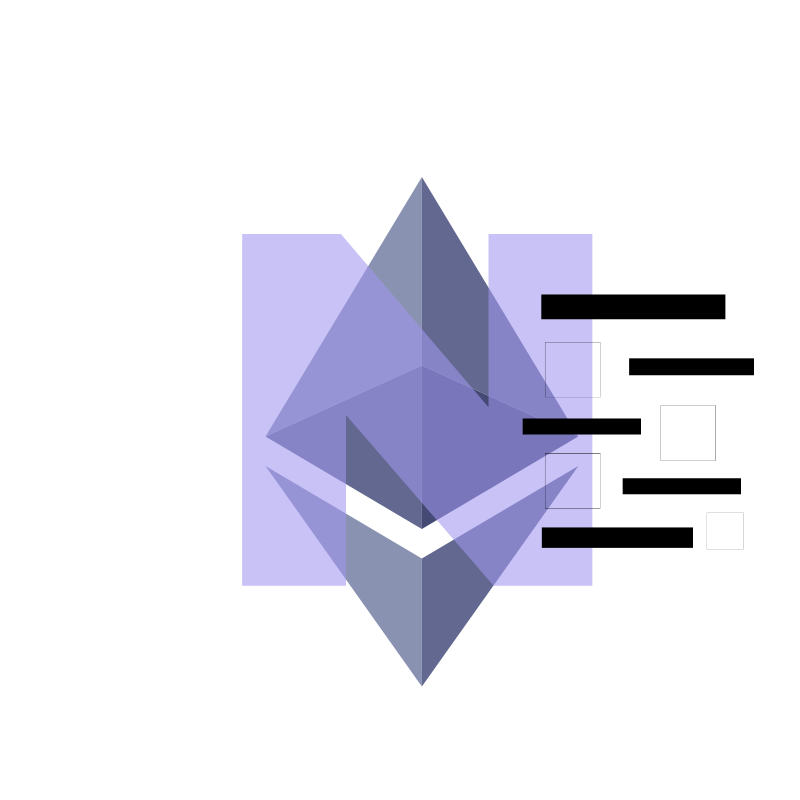

GameStop's Bold Leap Into Blockchain and NFTs
Feb 8, 2025
2 min read
GameStop, a titan in the retail gaming industry, is making a significant shift towards digital innovation by embracing blockchain technology and non-fungible tokens (NFTs). This strategic move aims to redefine its business model and adapt to the evolving landscape of gaming, where digital assets are becoming increasingly prevalent.
Key Takeaways
GameStop is transitioning from physical game sales to a digital marketplace.
The company aims to create a platform for NFTs and in-game digital assets.
Enhanced e-commerce capabilities and AI-driven personalization are part of the strategy.
GameStop is focusing on building a community-centric gaming environment.
Challenges in the NFT market include volatility and consumer education.
Redefining Retail Gaming
GameStop has long been synonymous with physical game sales, but the company is now pivoting towards a digital-first approach. By integrating blockchain technology, GameStop is positioning itself to tap into the growing market for digital ownership and NFTs. This transition is not just about keeping up with trends; it’s about reshaping the future of gaming retail.
Exploring New Revenue Streams
The establishment of a marketplace for NFTs and digital assets is a key component of GameStop's strategy. This move is designed to diversify revenue streams and reduce reliance on traditional game sales. As the gaming industry increasingly adopts blockchain-based titles, GameStop aims to be at the forefront of this evolution, potentially unlocking new opportunities for growth.
Enhancing E-Commerce Capabilities
To compete with digital-only gaming retailers, GameStop is significantly upgrading its online platform. The incorporation of artificial intelligence-driven personalization will allow the company to offer tailored recommendations based on individual gaming preferences. This data-driven approach is expected to enhance user engagement and improve customer satisfaction, ultimately leading to higher conversion rates.
Building a Community-Centric Ecosystem
GameStop is also focused on fostering a more interactive and community-driven gaming environment. By creating a platform where gamers can share experiences and connect, the company aims to strengthen brand loyalty. This community-centric approach is crucial in an industry where player engagement is key to success.
Navigating NFT Market Challenges
Despite the potential benefits of blockchain integration, GameStop faces several challenges in the NFT sector. The volatility of digital assets, competition from tech-savvy companies, and regulatory uncertainties are significant hurdles. Additionally, traditional gamers who are accustomed to physical ownership may be hesitant to embrace NFTs, necessitating efforts to educate consumers on the advantages of digital asset ownership.
Unlocking Future Opportunities
If GameStop successfully integrates blockchain technology and NFTs into its ecosystem, the company could see substantial benefits. A secure and transparent marketplace for digital assets could enhance customer engagement and generate new revenue streams. By combining blockchain innovations with hybrid retail options, GameStop has the potential to differentiate itself from purely digital competitors, offering a unique blend of physical and digital gaming experiences.
As GameStop continues its digital transformation, it is redefining its role in the gaming industry. By leveraging advanced technology, community interaction, and digital innovation, the company is carving out a sustainable future. With careful execution, this strategic shift could position GameStop as a key player in both traditional and blockchain-powered gaming by 2025.
Sources
GameStop’s Digital Transformation: Embracing Blockchain and NFTs, CoinTrust.